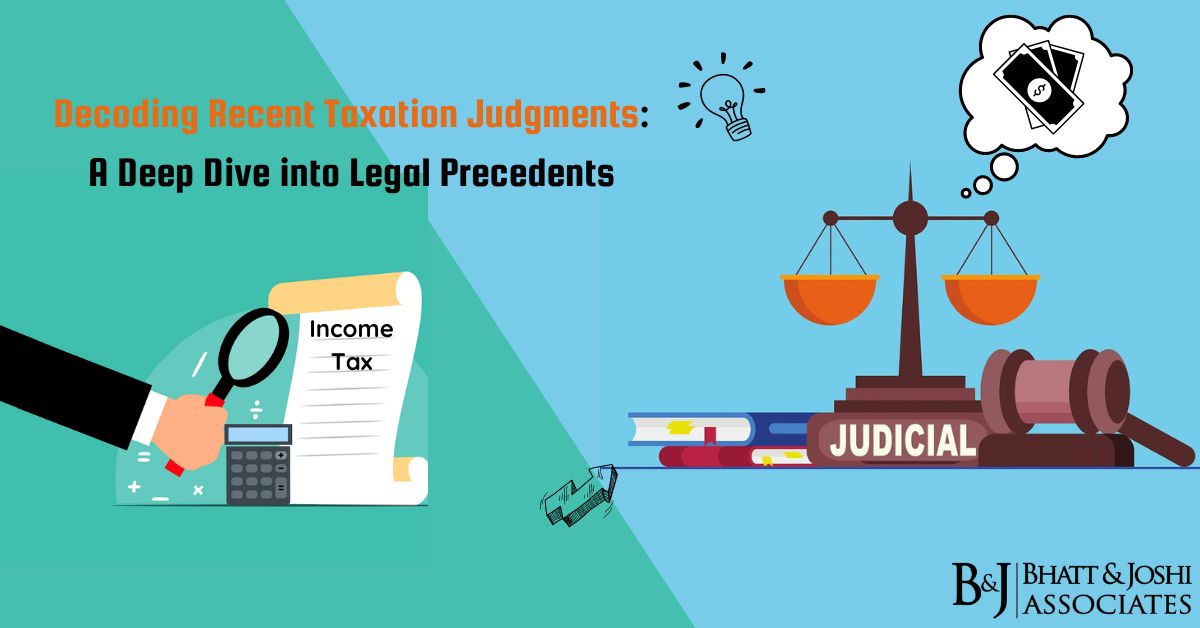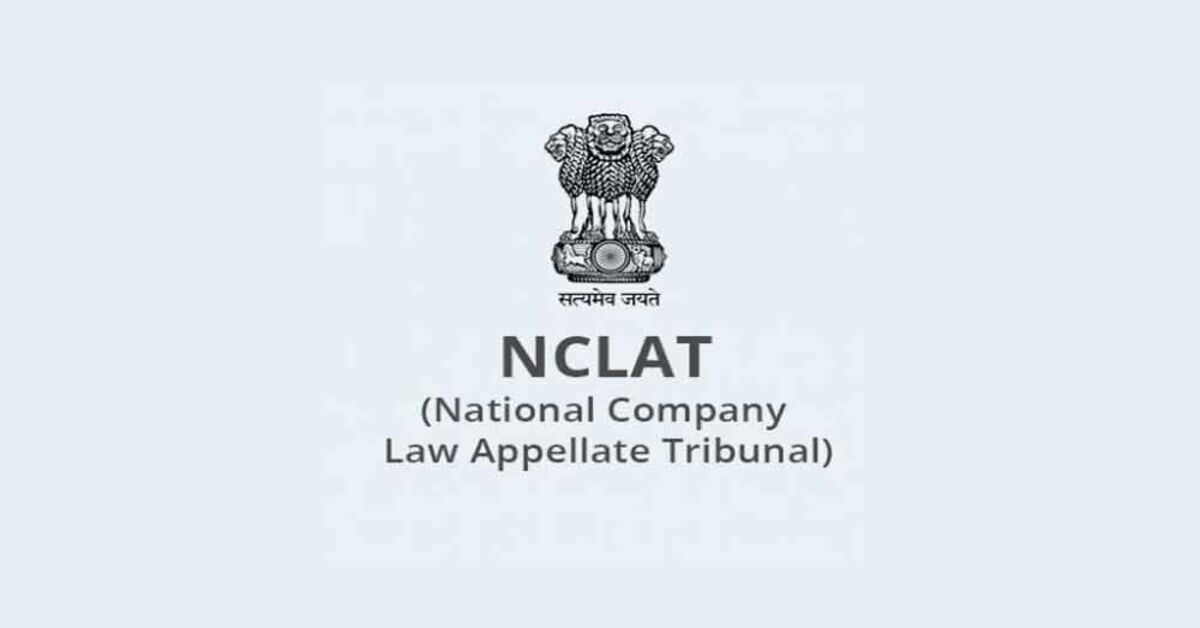Background
In the realm of taxation law, recent judgments have added layers of complexity to the interpretation and application of key provisions. One notable case, Rajshree Realtors (P.) Ltd. v. Union of India [2023], stands out for its spotlight on the reopening of assessments under Section 68. Another significant ruling, Principal Commissioner of Income-tax, Mysore v. Khyathi Steel Industries (P.) Ltd. [2023], delves into the intricate issues surrounding share application money and the characterization of companies as ‘shell’ entities. Lastly, Principal Commissioner of Income-tax (Central) v. Swetaben Ghanshyambhai Patel [2023] brings attention to the limitations on the assessing officer’s authority to make additions under Section 68 in the absence of concrete evidence discovered during a search operation.
Rajshree Realtors (P.) Ltd. v. Union of India [2023]: Unveiling the Importance of Full Disclosure in Taxation Judgments
The crux of this case lies in its exploration of the reopening of assessments under Section 68 and the crucial requirement of disclosing all material facts during the income tax assessment process. The judiciary’s resounding message from this ruling is the taxpayer’s duty to substantiate the legitimacy of their transactions, particularly when assessments are revisited based on new information indicating unexplained cash credits or accommodation entries.
The Power of the Assessing Officer
The judgment reiterates the authority of the assessing officer to question the source of funds, emphasizing the taxpayer’s responsibility to provide a satisfactory explanation. This underscores the overarching need for transparency and comprehensive documentation in financial dealings. The judiciary, through this decision, underscores the pivotal role of the taxpayer in establishing the legitimacy of their financial transactions.
Reinforcing Transparency in Financial Dealings
The ruling acts as a catalyst for reinforcing transparency in financial dealings. Taxpayers are now urged to adopt a proactive approach in ensuring that all relevant information is presented during assessments. This case serves as a clarion call for meticulous record-keeping and open communication between taxpayers and tax authorities to foster a climate of trust and accountability.
Principal Commissioner of Income-tax, Mysore v. Khyathi Steel Industries (P.) Ltd. [2023]: Documenting Legitimacy to Avoid Unjust Taxation
This judgment addresses the intricate issue of share application money received from companies characterized as ‘shell’ companies by the assessing officer. The tribunal’s decision to annul the addition of amounts as undisclosed income sets a precedent that underscores the principle that justified documentation and substantiation of the source of funds can mitigate unjust taxation.
Justification Through Documentation
The crux of this ruling lies in the taxpayer’s ability to prove the legitimacy of transactions through meticulous documentation. By emphasizing the importance of proving the identity of investors and the genuineness of transactions, including the financial capability of investors to make such investments, the judgment sets a benchmark for taxpayers facing allegations of undisclosed income.
Upholding Justice in Taxation
This decision stands as a bulwark against arbitrary taxation. It echoes the idea that when the source of funds is legitimately documented and substantiated, there is no justification for imposing additional taxes at the investee’s level. The judiciary, through this ruling, advocates for fairness and justice in taxation, safeguarding taxpayers from unwarranted financial burdens.
Principal Commissioner of Income-tax (Central) v. Swetaben Ghanshyambhai Patel [2023]: Limiting Authority in Taxation Judgments Absence of Substantive Evidence
In this case, the focus is on additions made under Section 68 for alleged bogus long-term capital gains. The crux of the matter revolves around whether the assessing officer can make such additions without incriminating material discovered during a search operation. The judgment unequivocally asserts that additions under Section 68 demand concrete evidence found during a search operation, setting clear boundaries for tax authorities.
Protecting Taxpayers from Unsubstantiated Claims
The ruling acts as a safeguard, ensuring that tax authorities cannot make assumptions or additions without substantive evidence. This limitation protects taxpayers from arbitrary inclusions in their taxable income based on unfounded claims of unexplained cash credits or investments. The judiciary, through this decision, establishes a balance between the authority of tax officers and the rights of taxpayers.
Limiting Authority in Taxation Judgments Absence of Substantive Evidence
This judgment emphasizes the importance of tangible evidence in tax assessments. It serves as a check against overreach by tax authorities, mandating that claims of unexplained income or investments must be backed by concrete evidence discovered during a search operation. The decision reinforces the principle of a fair and evidence-based taxation process.
Conclusion: Navigating the Nuances of Tax Law with Taxation Judgments
These recent judgments collectively unveil the nuanced approach of Indian courts to disputes involving the interpretation and application of tax laws. They highlight the judiciary’s commitment to ensuring justice, fairness, and reasonableness in the tax assessment process. As taxpayers navigate the intricacies of taxation law, these legal precedents provide valuable insights into the evolving dynamics between taxpayers and tax authorities. The principles elucidated in these cases act as guiding beacons, shaping the contours of financial transparency, documentation, and the boundaries of tax authority in India.














